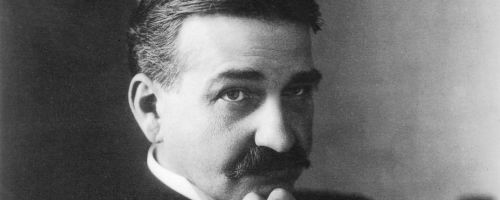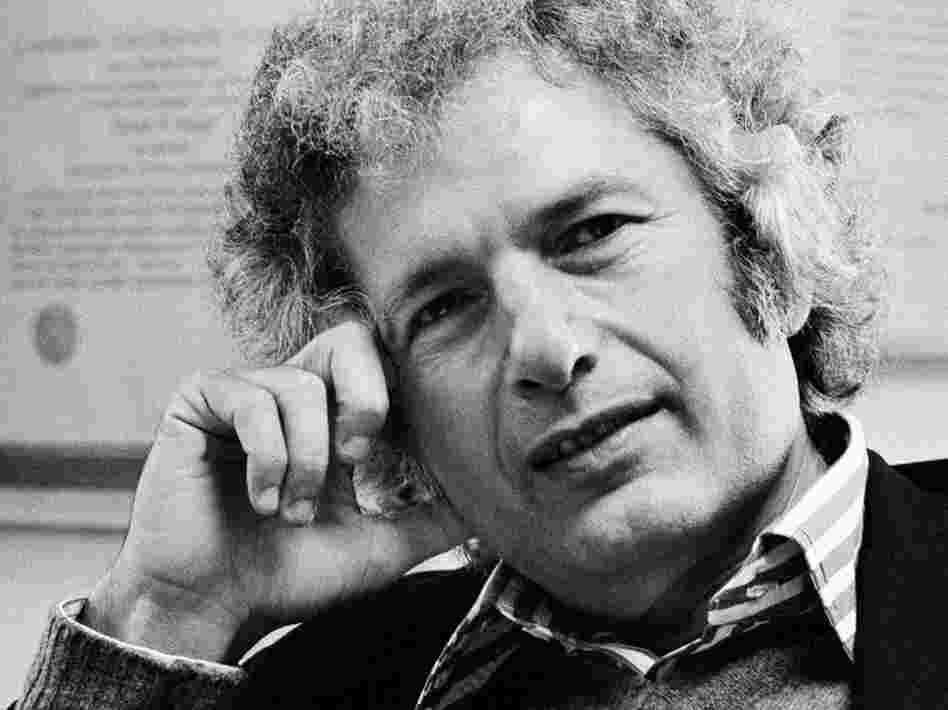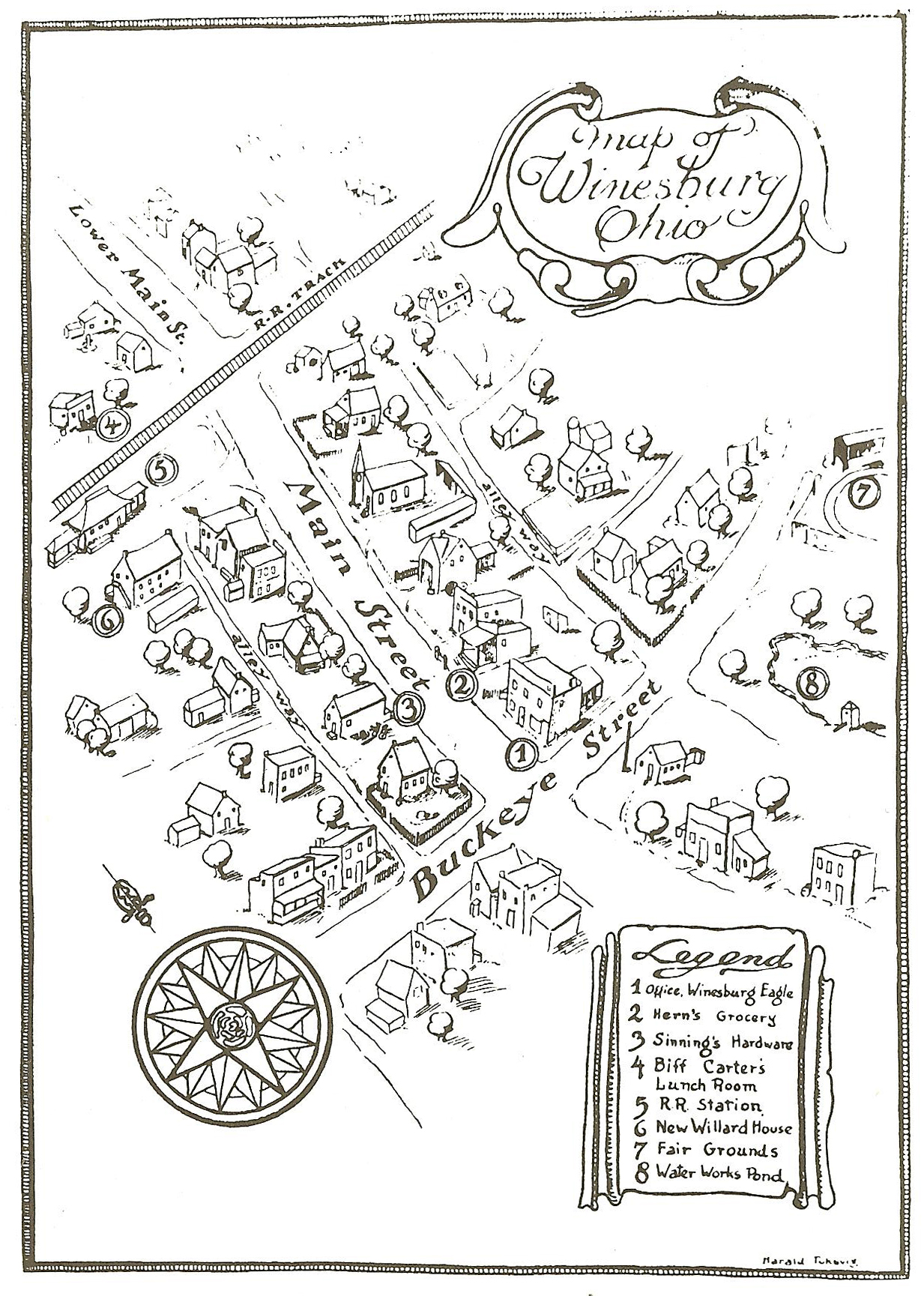One
of my goals for the year was to read something old school, so I picked up King Lear by Shakespeare. It’s a play I never had to
read in school, but it’s one that continues to get plenty of press. George
Bernard Shaw declared that “no man will ever write a better tragedy than Lear.”
Whether or not that’s true, I don’t think, after 400 years, that there’s much I
can add in the way of interesting commentary. I’ll just say this:
A
good death can spice up any story, and modern authors still use the loss of
well-loved characters to execute kick-in-the-crotch endings all the time. But to
my modern mind, a tragedy like Lear ,
where nearly all the principals lie dead or dying at the end of the tale, almost
gives off a whiff of farce.
As Cornwall, Oswald, Regan, Gloucester, Goneril,
Edmund, Cordelia and Lear (and a few servants) all met their tragic ends towards the close of the final act, I couldn’t help being
reminded of this body count scene from that great masterpiece of cinema, “Hot Shots: Part
Deux.”



























